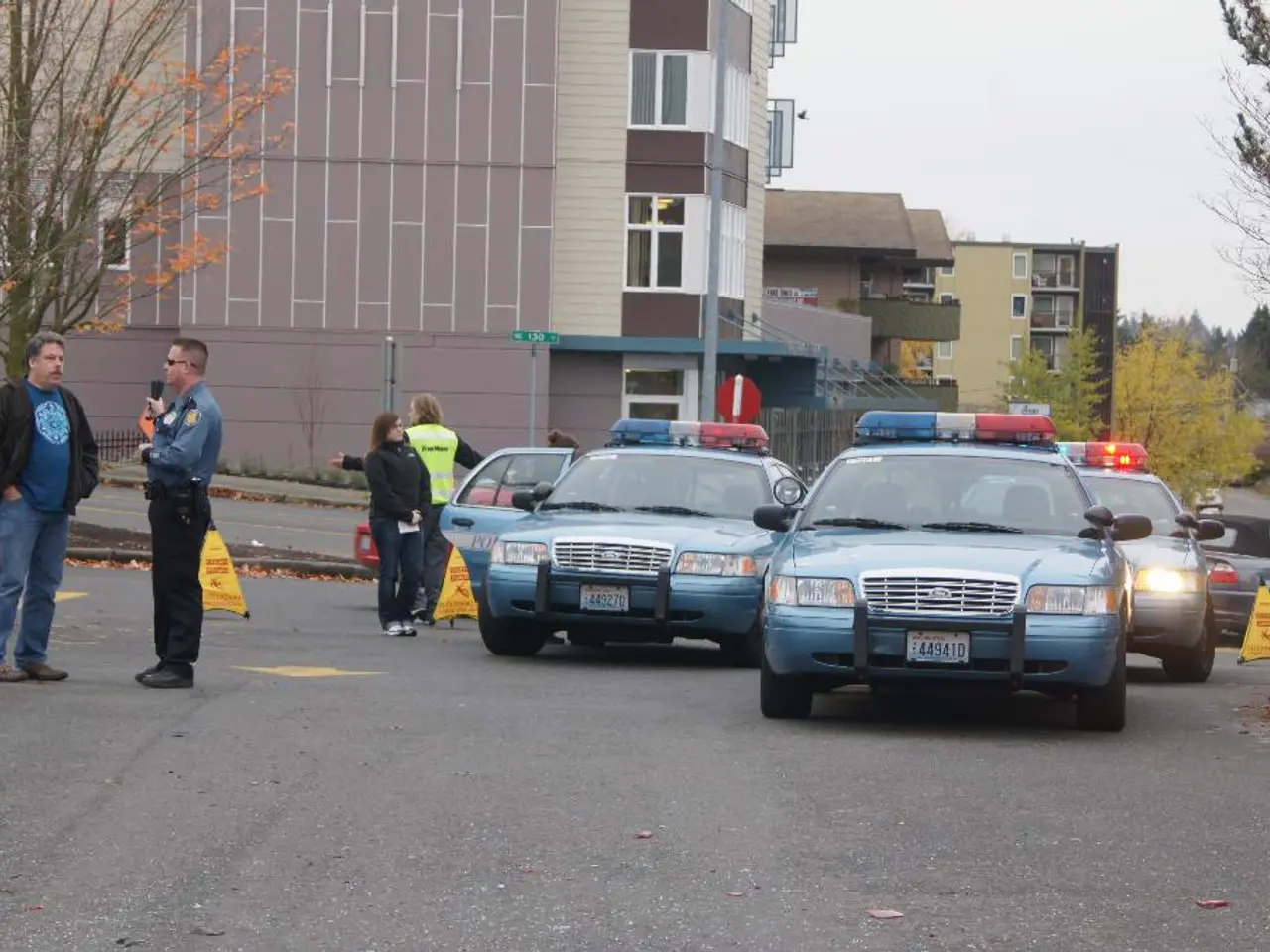Heavy rainfall and flood warnings escalate in Southeast Wisconsin, breaking record levels and prompting urgent emergency responses.
The Southeast Wisconsin flash flood warning in August 2025 served as a stark reminder of the changing climate realities for the Midwest, causing widespread damage and an estimated economic toll of over 250 million dollars. As more rain is forecast for the region in the coming week, emergency management experts are urging for substantial investment in stormwater systems to prevent escalating economic losses.
In response, the City of Milwaukee has announced plans to convene an emergency council meeting to address both short-term disaster recovery and long-term flood resilience. The path forward will demand coordinated action, including improved warning systems, upgraded stormwater infrastructure, and community-based resilience planning.
One of the key focuses is on improving drainage systems. For instance, the Milwaukee Metropolitan Sewerage District (MMSD) has been working on flood management projects for years, which have helped mitigate the impact of recent floods. Similar improvements are planned for other areas, such as the Wisconsin State Fairgrounds, where a thorough evaluation of drainage systems is underway to identify areas for improvement.
Another approach is the implementation of green infrastructure. The Milwaukee Public School District has been converting impervious surfaces into green spaces that capture rainwater, reducing the burden on drainage systems during heavy rainfall. This approach is likely to be expanded upon to help manage future floods.
Comprehensive emergency plans are also being developed. This involves fostering stronger community relationships and preparing for future events by outlining clear response and recovery protocols. Wisconsin's Department of Natural Resources (DNR) plays a crucial role in managing water resources and implementing flood control measures. Through programs like the Municipal Flood Control and Riparian Restoration Program, the state aims to improve resilience against flooding.
Collaboration with federal agencies like FEMA is crucial for obtaining aid and technical support. This partnership helps in assessing damage and securing funds for infrastructure repairs and upgrades. The DNR is also responsible for assessing the environmental impact of projects, including high-capacity wells, to ensure they do not exacerbate flooding issues.
Lower-income neighborhoods in Milwaukee's north and south sides were disproportionately affected due to limited access to flood insurance and weaker housing infrastructure. Federal assistance through FEMA is being sought, and state lawmakers are considering legislation to create a permanent disaster relief fund for weather-related emergencies.
The estimated cost of upgrading urban drainage networks to withstand projected rainfall extremes could exceed 3 billion dollars statewide, according to a 2024 Wisconsin Department of Natural Resources report. However, the investment is seen as necessary to ensure the safety and resilience of communities in the face of increasingly volatile weather patterns. The Southeast Wisconsin flash flood warning underscores a sobering truth: such extreme events are no longer rare anomalies but part of a shifting climate reality for the Midwest.
References:
- Milwaukee Metropolitan Sewerage District
- Milwaukee Public Schools
- Wisconsin Department of Natural Resources
- Wisconsin State Fair Park
- The forthcoming week's political agenda in Milwaukee, Wisconsin, is likely to focus on policy-and-legislation related to climate change, disaster management, and weather-forecasting, as emergency management experts urge for the allocation of substantial funds towards stormwater systems, following the costly flash flood incident in August 2025.
- General-news media outlets in the Midwest might report on the Milwaukee Metropolitan Sewerage District's ongoing efforts in weather-forecasting and flood management, along with the Milwaukee Public Schools' green infrastructure initiatives for managing future floods, as the city works towards improving drainage systems and community resilience.





